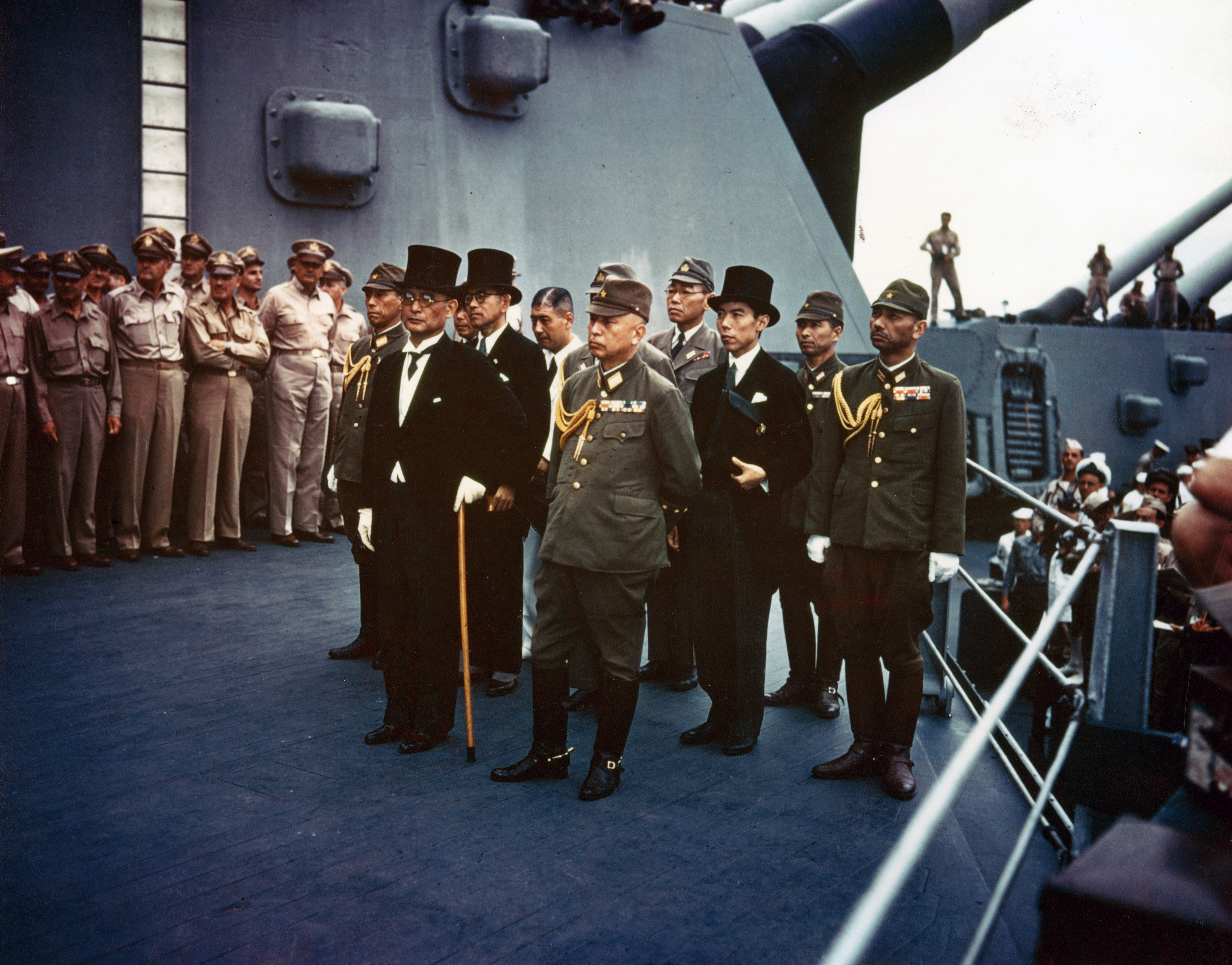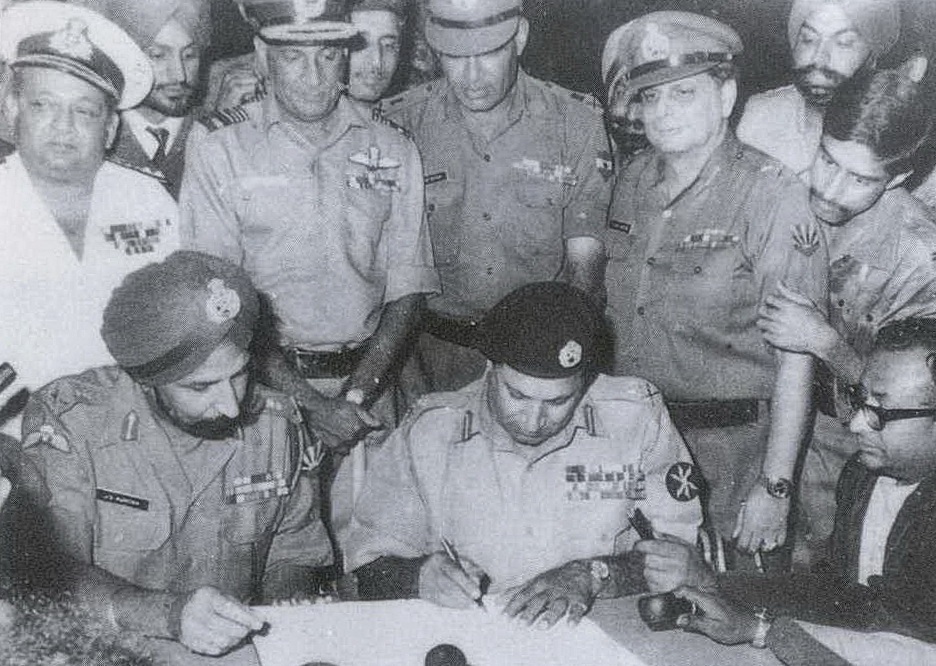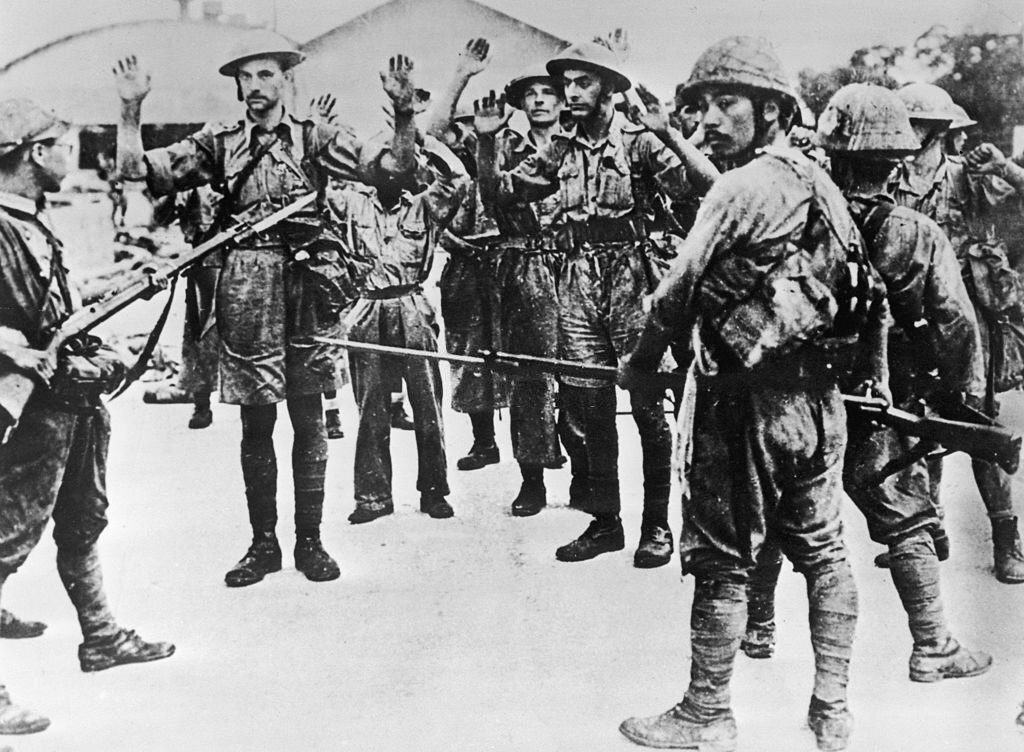Surrender (military) on:
[Wikipedia]
[Google]
[Amazon]



 Surrender, in
Surrender, in
 A
A
Tom Barry, Guerilla Days in Ireland, Anvil Books Ltd, FP 1949, 1981



 Surrender, in
Surrender, in military terms
A military, also known collectively as armed forces, is a heavily armed, highly organized force primarily intended for warfare. It is typically authorized and maintained by a sovereign state, with its members identifiable by their distinct ...
, is the relinquishment of control over territory, combatants
Combatant is the legal status of an individual who has the right to engage in hostilities during an armed conflict. The legal definition of "combatant" is found at article 43(2) of Additional Protocol I (AP1) to the Geneva Conventions of 1949. ...
, fortifications
A fortification is a military construction or building designed for the defense of territories in warfare, and is also used to establish rule in a region during peacetime. The term is derived from Latin ''fortis'' ("strong") and ''facere'' ...
, ships or armament
A weapon, arm or armament is any implement or device that can be used to deter, threaten, inflict physical damage, harm, or kill. Weapons are used to increase the efficacy and efficiency of activities such as hunting, crime, law enforcement, s ...
to another power. A surrender may be accomplished peacefully or it may be the result of defeat in battle
A battle is an occurrence of combat in warfare between opposing military units of any number or size. A war usually consists of multiple battles. In general, a battle is a military engagement that is well defined in duration, area, and force ...
. A sovereign state
A sovereign state or sovereign country, is a political entity represented by one central government that has supreme legitimate authority over territory. International law defines sovereign states as having a permanent population, defined te ...
may surrender following defeat in a war
War is an intense armed conflict between states, governments, societies, or paramilitary groups such as mercenaries, insurgents, and militias. It is generally characterized by extreme violence, destruction, and mortality, using regular o ...
, usually by signing a peace treaty
A peace treaty is an agreement between two or more hostile parties, usually countries or governments, which formally ends a state of war between the parties. It is different from an armistice
An armistice is a formal agreement of warring ...
or capitulation agreement. A battlefield surrender, either by individuals or when ordered by officers
An officer is a person who has a position of authority in a hierarchical organization. The term derives from Old French ''oficier'' "officer, official" (early 14c., Modern French ''officier''), from Medieval Latin ''officiarius'' "an officer," f ...
, normally results in those surrendering becoming prisoners of war.
Definition and etymology
Merriam-Webster defines "surrender" as "the action of yielding one's person or giving up the possession of something especially into the power of another", and traces the etymology to theMiddle English
Middle English (abbreviated to ME) is a form of the English language that was spoken after the Norman conquest of 1066, until the late 15th century. The English language underwent distinct variations and developments following the Old English p ...
''surrendre'', from French ''sur-'' or ''sus-'', ''suz'' "under" + ''rendre'' "to give back"; this in turn is defined by the University of Michigan Middle English Dictionary as meaning "The giving up of an estate, a grant of land, or an interest in property to the person who holds the right to it", or, in law, "the relinquishing of letters patent to the king", or "the giving back or return of something".
White Flag
 A
A white flag
White flags have had different meanings throughout history and depending on the locale.
Contemporary use
The white flag is an internationally recognized protective sign of truce or ceasefire, and for negotiation. It is also used to symbolize ...
or handkerchief is often taken or intended as a signal of a desire to surrender, but in international law
International law (also known as public international law and the law of nations) is the set of rules, norms, and standards generally recognized as binding between states. It establishes normative guidelines and a common conceptual framework for ...
, it simply represents a desire for a parley
A parley (from french: link=no, parler – "to speak") refers to a discussion or conference, especially one designed to end an argument or hostilities between two groups of people. The term can be used in both past and present tense; in prese ...
that may or may not result in a formal surrender. Normally, a surrender will involve the handing over of weapons; the commanding officer of a surrendering force symbolically offers his sword to the victorious commander. Individual combatants can indicate a surrender by discarding weapons and raising their hands empty and open above their heads; a surrendering tank
A tank is an armoured fighting vehicle intended as a primary offensive weapon in front-line ground combat. Tank designs are a balance of heavy firepower, strong armour, and good battlefield mobility provided by tracks and a powerful engi ...
commander should point the tank's turret away from opposing combatants. Flags and ensigns are hauled down or furled, and ships' colors are struck.
Process
When the parties agree to terms, the surrender may be conditional; that is, the surrendering party agrees to submit only after the victor makes certain promises. The leaders of the surrendering group negotiate privileges or compensation for the time, expense and loss of life saved by the victor through the stopping of resistance. Alternatively, in asurrender at discretion
An unconditional surrender is a surrender in which no guarantees are given to the surrendering party. It is often demanded with the threat of complete destruction, extermination or annihilation.
In modern times, unconditional surrenders most ofte ...
(unconditional surrender
An unconditional surrender is a surrender in which no guarantees are given to the surrendering party. It is often demanded with the threat of complete destruction, extermination or annihilation.
In modern times, unconditional surrenders most ofte ...
), the victor makes no promises of treatment, and unilaterally defines the treatment of the vanquished party. An early example of a military surrender is the defeat of Carthage by the Roman Empire at the end of the Second Punic War. Over time, generally accepted laws and customs of war
The law of war is the component of international law that regulates the conditions for initiating war (''jus ad bellum'') and the conduct of warring parties (''jus in bello''). Laws of war define sovereignty and nationhood, states and territor ...
have been developed for such a situation, most of which are laid out in the Hague Convention of 1907
The Hague Conventions of 1899 and 1907 are a series of international treaties and declarations negotiated at two international peace conferences at The Hague in the Netherlands. Along with the Geneva Conventions, the Hague Conventions were amo ...
and the Geneva Conventions
upright=1.15, Original document in single pages, 1864
The Geneva Conventions are four treaties, and three additional protocols, that establish international legal standards for humanitarian treatment in war. The singular term ''Geneva Conve ...
.The Program for Humanitarian Policy and Conflict Research at Harvard University, "IHL PRIMER SERIES , Issue #1" Accessed at Normally, a belligerent will agree to surrender unconditionally only if completely incapable of continuing hostilities. Traditionally, a surrender ceremony was accompanied by the honors of war.
The Third Geneva Convention
The Third Geneva Convention, relative to the treatment of prisoners of war, is one of the four treaties of the Geneva Conventions. The Geneva Convention relative to the Treatment of Prisoners of War was first adopted in 1929, but significant ...
states that prisoners of war should not be mistreated or abused. US Army
The United States Army (USA) is the land service branch of the United States Armed Forces. It is one of the eight U.S. uniformed services, and is designated as the Army of the United States in the U.S. Constitution.Article II, section 2, cla ...
policy, for example, requires that surrendered persons should be secured and safeguarded while being evacuated from the battlefield.
While not a formal military law, the Code of the US Fighting Force disallows surrender unless "all reasonable means of resistance reexhausted and ... certain death the only alternative": the Code states, "I will never surrender of my own free will. If in command, I will never surrender the members of my command while they still have the means to resist".
False surrender
False surrender is a type of perfidy in the context of war. It is a war crime under Protocol I of the Geneva Convention. False surrenders are usually used to draw the enemy out of cover to attack them off guard, but they may be used in larger operations such as during a siege. Accounts of false surrender can be found relatively frequently throughout history. One of the more infamous examples was the alleged false surrender of British troops at Kilmichael, during the Irish War of Independence.See also
* Capitulation, an agreement in time of war for the surrender to a hostile armed force of a particular body of troops, a town or a territory. *Debellatio
The term "debellatio" or "debellation" (Latin "defeating, or the act of conquering or subduing", literally, "warring (the enemy) down", from Latin ''bellum'' "war") designates the end of war caused by complete destruction of a hostile state. Israel ...
occurs when a war ends because of the complete destruction of a belligerent state.
* No quarter
The phrase no quarter was generally used during military conflict to imply combatants would not be taken prisoner, but killed.
According to some modern American dictionaries, a person who is given no quarter is "not treated kindly" or "treated ...
occurs when a victor shows no clemency or mercy and refuses to spare the life of the vanquished when they surrender at discretion. Under the laws of war, "it is especially forbidden ... to declare that no quarter will be given".
* Unconditional surrender
An unconditional surrender is a surrender in which no guarantees are given to the surrendering party. It is often demanded with the threat of complete destruction, extermination or annihilation.
In modern times, unconditional surrenders most ofte ...
is a surrender without conditions, except for those provided by international law.
References
{{Reflist Law of war Military strategy